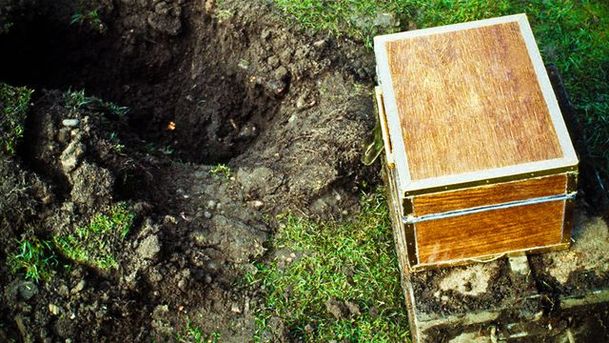We Were Here: How to Create Your Own Time Capsule

What on earth would bring this lot together: a group of North Wales dry-stone wall builders, a French space engineer, a former curator at the British museum, and a gaggle of Lincolnshire school kids? Here's what: a fascination with the idea of speaking to the people of the future, of preserving a snapshot of themselves capable of withstanding the passage of time. These are the people who bury time capsules. For BBC Radio 4, Ian Peacock explores what it is that makes us want to capture ourselves in this curious way, and how on earth we decide what bits of human culture of worth keeping for posterity - in essence, the secrets of filling the perfect time capsule. Amongst the capsules he encounters is the daddy of them all: the mighty Crypt of Civilisation in Atlanta. Sealed in 1940, this vast chamber attempts to communicate all the greatest achievements of humanity to the people who will open it in the year 8113 AD, if indeed any people remain to work out how to open the steel door. But this is far from the norm. Back in London, we meet Brian Durrans, self-confessed capsule junkie and founder member of the grandly titled International Time Capsule Society. Its purpose is simple, to chart the locations of as many time capsules as possible, and probe the motivations of those who bury them. As Peacock discovers in the society's archives, there are no rules when it comes to time capsules. The burial of a pair of Lycra leggings in an official City of Norwich capsule attests to that. And how about this for extreme time capsuling: plans are still in place to launch a satellite containing millions of messages from everyday people on a specially protected DVD. The only trouble is, how will anyone play it when there's no space on the satellite for a DVD player? And at a primary school Lincolnshire we discover the joys and heartbreaks of time capsules. Map in hand, the ever-persistent Peacock goes hunting for a cannister buried in the 1960s. It becomes an increasingly desperate search as hole after hole yields nothing but rusty nails and coins. Then, when all hope seems lost, a break-through. Could this be the capsule after all? And what do the pupils of the past have to say to their modern counterparts when a dirty, sodden cassette peaks out of the leaky cannister? Listen and you'll find out.